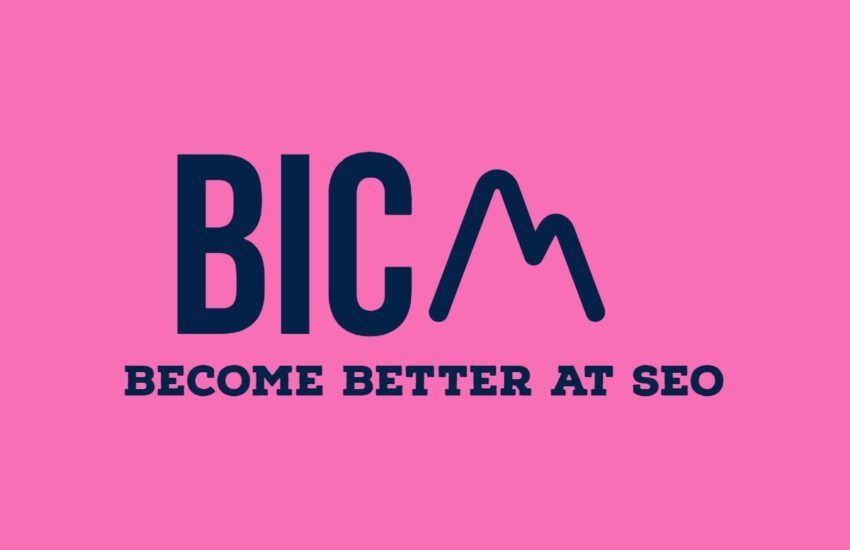What is an About Page?
An About Page is a section on a website that provides information about a business, organization, or individual. It is typically found in the main navigation menu and is one of the most visited pages on a website. The purpose of an About Page is to give visitors a better understanding of the entity behind the website and to establish trust and credibility.
Why is an About Page important?
An effective About Page plays a crucial role in building a connection with visitors and potential customers. It serves as an opportunity to showcase the unique qualities, values, and expertise of the business or individual. By sharing relevant information, an About Page helps visitors understand the purpose and goals of the entity, which can increase their trust and confidence in the brand.
What should be included in an About Page?
While the specific content of an About Page may vary depending on the nature of the business or individual, there are some key elements that should be included:
1. Introduction
Start by providing a brief introduction to the business or individual. This can include a summary of the history, background, or founding story. It is important to highlight what makes the entity unique and why visitors should be interested in learning more.
2. Mission and Values
Clearly communicate the mission and values of the business or individual. This helps visitors understand the purpose and guiding principles behind the entity. Sharing the core values can also help establish a connection with like-minded individuals or potential customers.
3. Team Members
If applicable, introduce the team members behind the entity. This can include founders, key employees, or partners. Sharing information about the team helps humanize the brand and allows visitors to connect on a personal level.
4. Achievements and Milestones
Highlight any notable achievements, milestones, or awards that the business or individual has accomplished. This can help build credibility and demonstrate expertise in the industry.
5. Testimonials or Reviews
Include testimonials or reviews from satisfied customers or clients. This social proof can further enhance trust and credibility.
6. Contact Information
Make it easy for visitors to get in touch by providing contact information, such as an email address or phone number. This allows potential customers or collaborators to reach out with any inquiries or opportunities.
Tips for creating an effective About Page:
1. Be authentic: Share genuine and honest information about the entity. Authenticity helps build trust with visitors.
2. Use visuals: Incorporate images or videos to make the About Page visually appealing and engaging.
3. Keep it concise: While it is important to provide relevant information, avoid overwhelming visitors with excessive details. Keep the content concise and easy to read.
4. Use a friendly tone: Write in a conversational and approachable tone to make visitors feel welcome and connected.
5. Update regularly: Keep the About Page up-to-date with the latest information, achievements, or team members.
An effective About Page can make a significant impact on a website’s overall success. By providing valuable information and establishing trust, it can help convert visitors into loyal customers or supporters. Take the time to create a compelling About Page that accurately represents the entity and resonates with the target audience.

